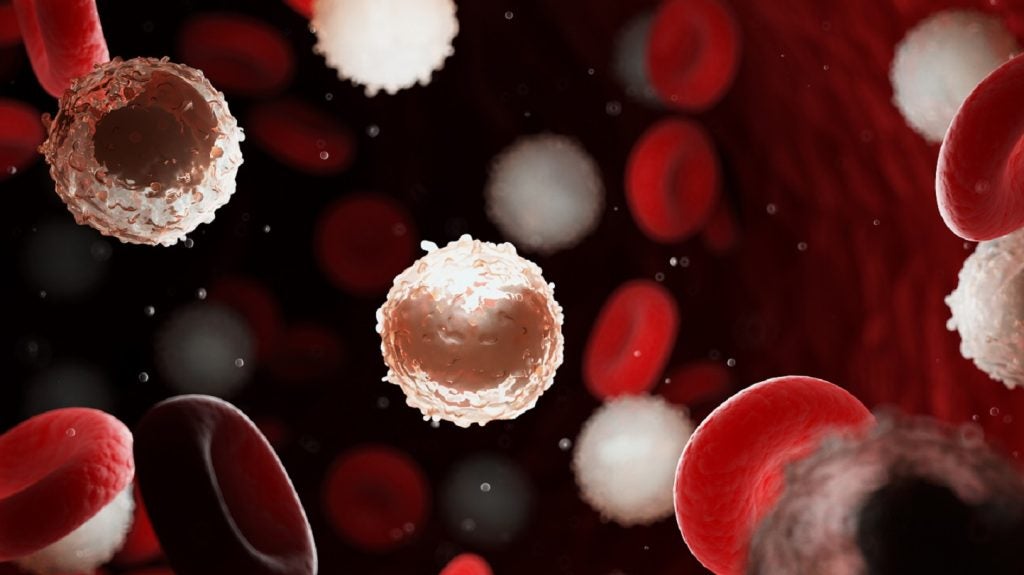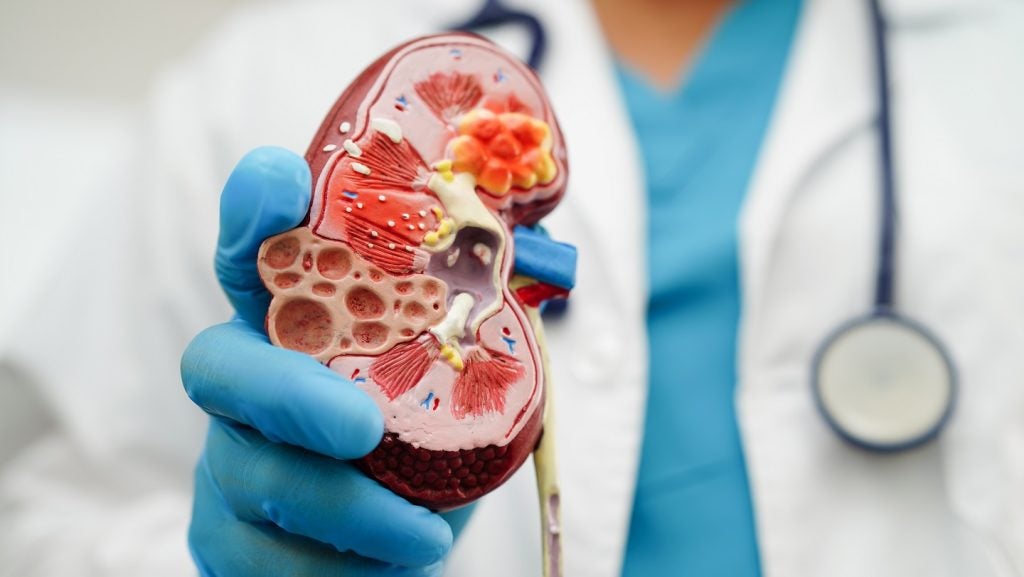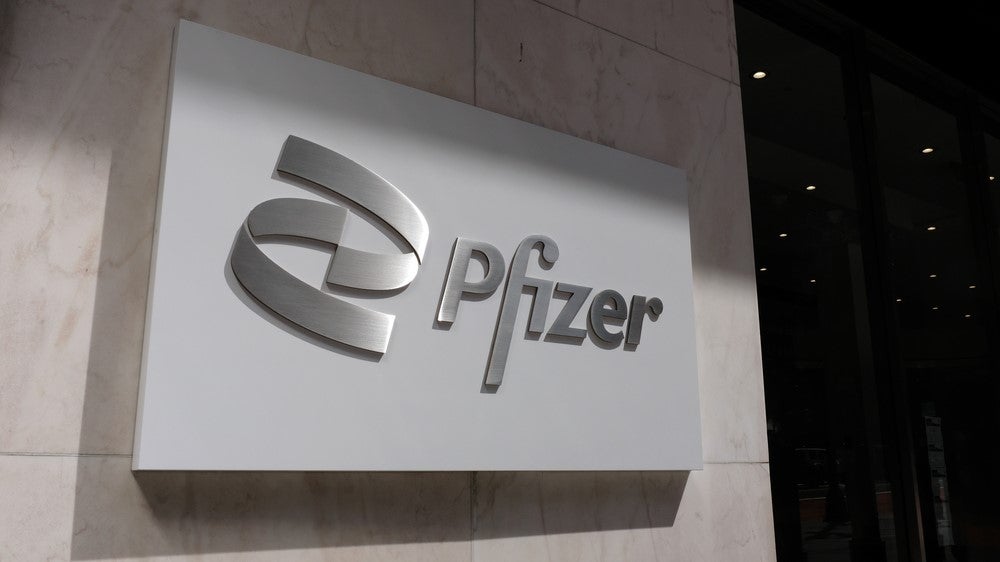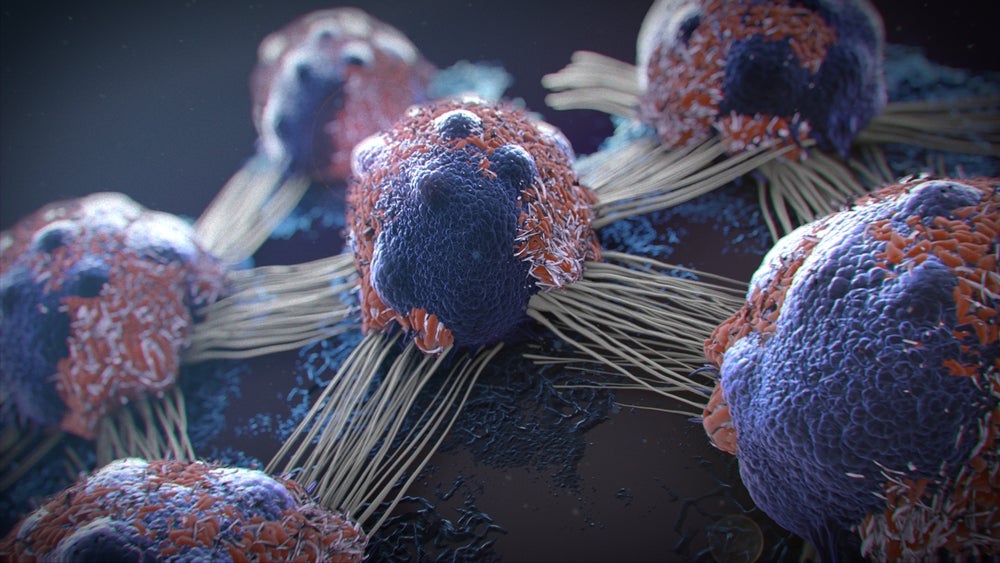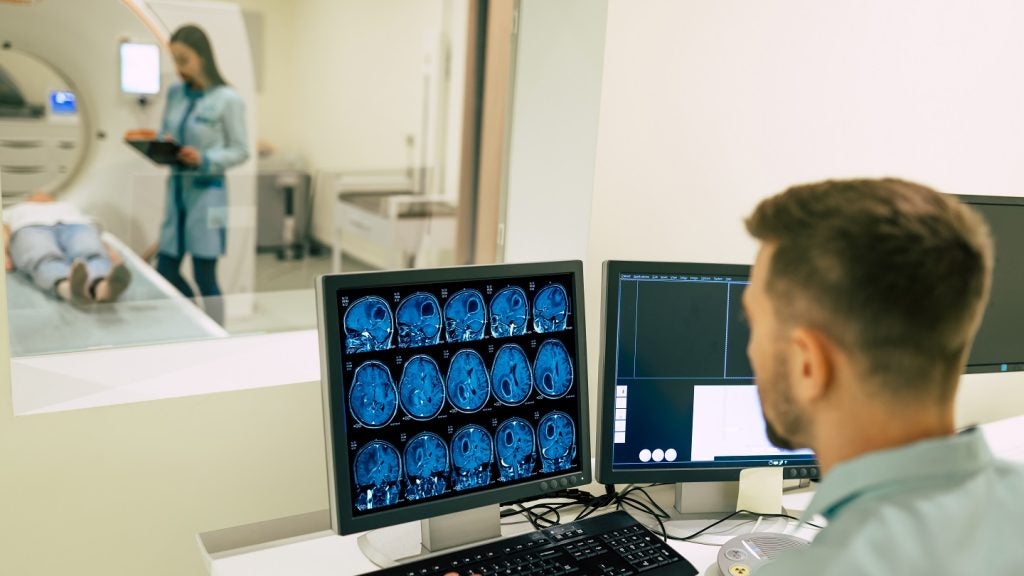Wugen has dosed the first patient in a Phase I clinical trial of natural killer (NK) cell therapy product WU-NK-101 to treat relapsed or refractory (r/r) acute myelogenous leukaemia (AML).
The global, open-label, dose-escalation and cohort expansion study will assess the pharmacokinetics, pharmacodynamics, tolerability, safety, immunogenicity, and preliminary anti-leukemic activity of WU-NK-101.
It will also determine the recommended Phase II dose that can be used in further studies.
Approximately 24 participants enrolled in the study and will receive three weekly infusions of the cell therapy in a 28-day cycle.
Incidence of adverse events of WU-NK-101, as assessed by CTCAE v5, and determining the maximum tolerated dose are the primary outcome measures.
Secondary outcome measures of the study include overall survival, duration of response, and overall response rate.
Wugen chief medical officer Jan Davidson-Moncada said: “Early clinical studies with memory NK cells demonstrated impressive response rates in patients with AML, even those with a high disease burden.
“We look forward to building on these data while advancing WU-NK-101 as a readily accessible allogeneic cell product.
“In tandem, we are proud to announce our Orphan Drug Designation for WU-NK-101, which will enhance our efforts to deliver this therapy to AML patients.”
With a unique cytokine-induced memory-like phenotype, WU-NK-101 supports enhanced anti-tumour activity, trafficking, proliferation capacity, and metabolic flexibility.
All these factors further contribute to treatment resilience in the adverse tumour microenvironment.
Wugen president and CEO Kumar Srinivasan said: “Beginning in AML, where there remains a high unmet need for new therapeutic options, our goal is to deploy our memory NK cell platform to deliver next-generation, best-in-class allogeneic memory NK cell therapies to transform cancer care, including treatment of solid tumours.”


